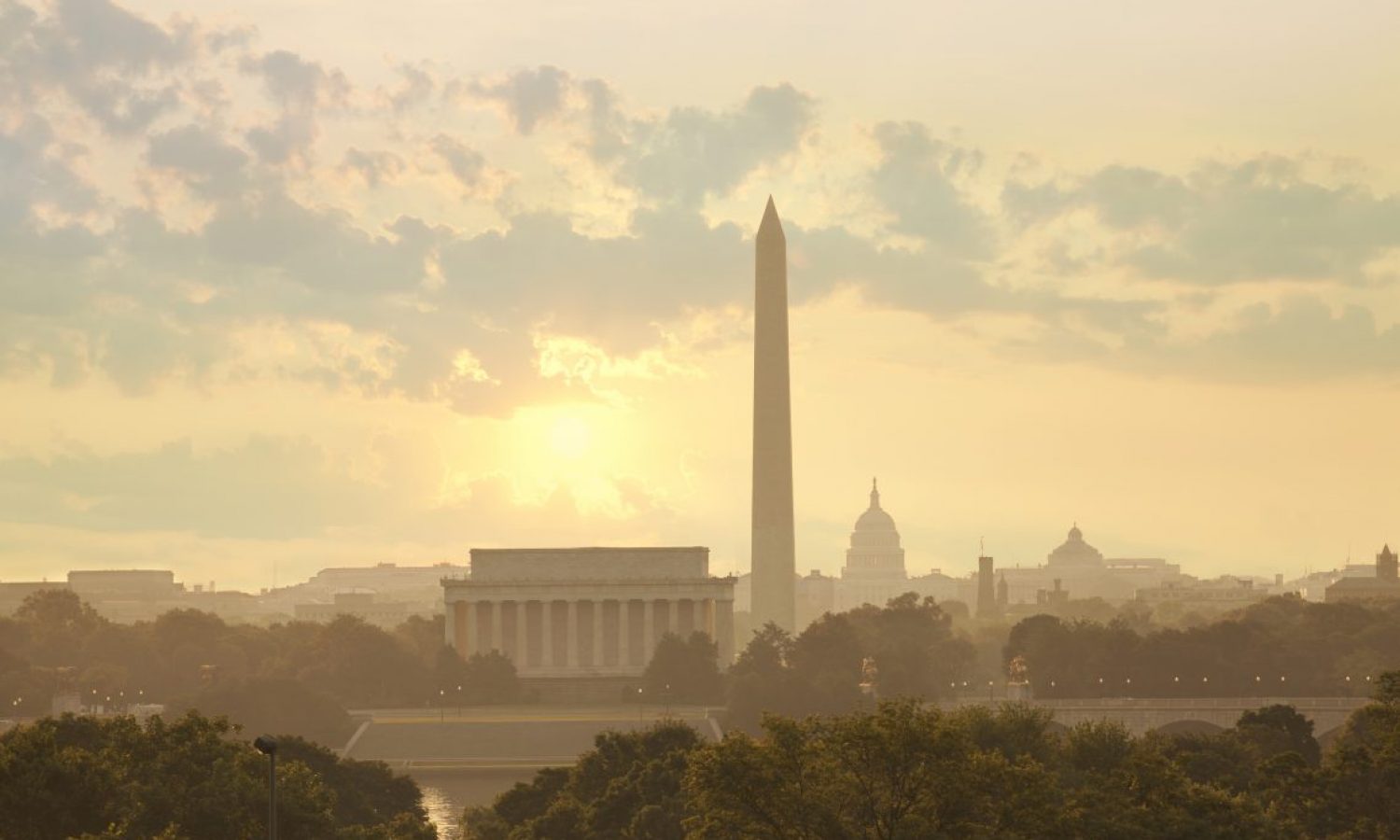i2Coalition Internet Infrastructure Policy Brief: November 2024
Your brief update on important Internet policy issues
OUTLOOK
Congress returned to Washington following the November 5 elections in which the Republican party won the Presidency as well as control of the House and Senate in the next (119th) Congress, which will convene in January 2025. President-elect Donald Trump quickly began announcing his key White House staff and Cabinet official appointments. After the Thanksgiving recess, Congress has only a few weeks to complete legislative business in the 118th Congress. Passing legislation to keep the federal government funded past the current December 20 deadline is the priority, and lawmakers will need to decide whether to pass a short or long-term funding extension. Congress is also considering disaster relief funding legislation to aid hurricane recovery which it aims to address before December 20 as well. Once Congress finishes work on these priorities, lawmakers will leave Washington to break for the year-end holiday recess. The focus will then shift to planning for the new 119th Congress, Senate confirmation proceedings for the nominated Trump Cabinet secretaries and other senior-level appointees, the inauguration of President-elect Trump on January 20, and his priority actions and executive orders for the first 100 days of the second Trump administration.
TECH POLICY PRIORITIES
Section 230/Intermediary Liability/Content Moderation. Brendan Carr, a current Commissioner and President-elect Donald Trump’s choice for Chair of the Federal Communications Commission (FCC), is calling for social media companies to be reined in over accusations of censorship in their content moderation practices. Carr believes that the FCC has the legal authority to achieve this by reinterpreting Section 230, which has allowed social media companies to avoid liability for user-generated content on their platforms and has given the companies the ability to decide what content can or cannot be posted. Carr sent a November 13 letter to the CEOs of Alphabet, Microsoft, Apple, and Meta seeking information about their engagement in an alleged “censorship cartel” through relationships with other entities, including advertising, marketing, and “fact-checking” organizations.
Federal Privacy. House Republican leadership concerns have continued to stall consideration of children’s online privacy and safety legislation. The supporters of the Kids Online Safety Act (KOSA) and the Children and Teens’ Online Privacy Protection Act (COPPA 2.0), which passed in the Senate, so far have been unable to garner sufficient momentum to advance the bills for a House floor vote, including through adding one or both of the measures to year-end, must-pass legislation.
Copyright/IP. The Senate Judiciary IP Subcommittee held a U.S. Copyright Office (USCO) oversight hearing which focused on the impact that artificial intelligence is having on copyright law. At the hearing, Copyright Office Register Shira Perlmutter indicated that the USCO is working to soon release its second report – in USCO’s three-part series – on AI and copyright.
Antitrust/Competition. New leaders at the FTC and the U.S. Department of Justice antitrust division are expected to be announced by the incoming Trump administration. In a November court filing in the Google antitrust search case, the U.S. Department of Justice proposed as a remedy the sale of Google’s Chrome web browser as well as imposition of restrictions to prevent Android from favoring its own search engine. The DOJ, under the leadership of the second Trump administration, and Google are scheduled to return to federal district court in April 2025 for a remedies trial.
Broadband. The current FCC Chair, Jessica Rosenworcel, announced that she will resign her position on January 20, and President-elect Trump’s choice Commissioner Brendan Carr will become the new FCC Chair. Significant changes in Biden administration telecommunications initiatives are anticipated in the new Trump administration. Senator Ted Cruz (R-TX), expected to Chair the Senate Commerce Committee in the new 119th Congress, has called for a halt – pending Congressional review under Republican leadership – of the $42.5 billion BEAD broadband funding program for unserved and underserved areas. The U.S. Supreme Court has agreed to review a 5th Circuit federal court ruling that the setup of the FCC’s Universal Service Fund (USF) program is unconstitutional, which could accelerate action in the next Congress to overhaul the USF program through new legislation.
Find Out More…
For more in-depth updates on Internet policy, including issues that specifically impact your organization, please contact us about joining the i2Coalition.

